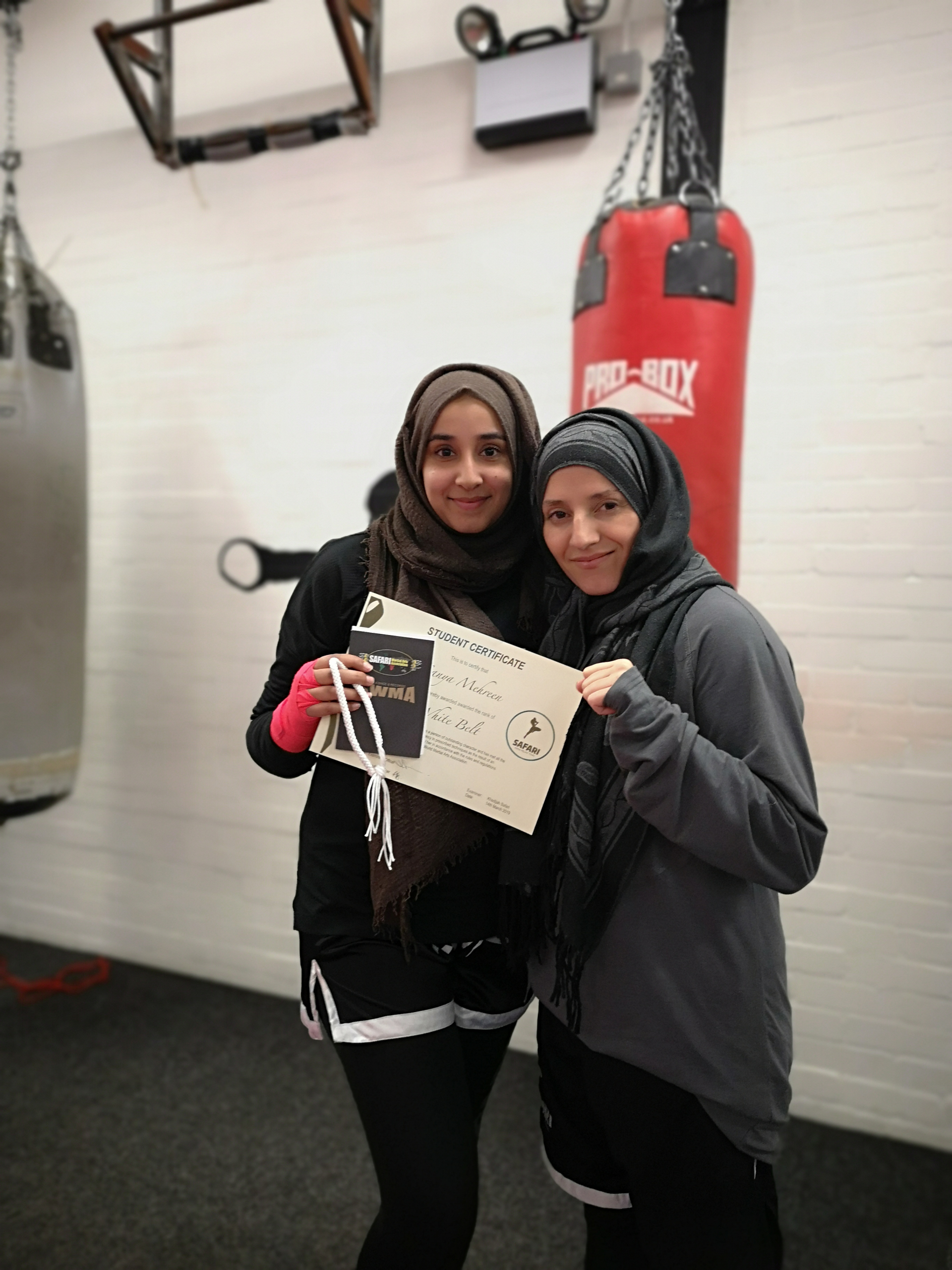What is Wellness?
Wellness is the active process of practicing healthy habits daily whilst being aware of choices that lead to a healthy lifestyle. Consistently working towards a successful and thriving existence.¹
According to the World Health Organisation (WHO), health is defined as being ‘a state of complete physical, mental and social well-being and not merely the absence of disease or infirmity’.²
This definition demonstrates how closely related well-being is to health!
Multidimensional approach
There are several dimensions to wellness that impact health.
7 factors that impact wellness are below:
1) Physical
Physical Wellness is taking care of your body by being aware and listening to it for optimal health and functioning. Many factors influence physical health such as sleep, nutrition, hygiene, physical activity, and relaxation.³
Read more on here for ideas on how to increase physical wellness.
2) Emotional
Psychology Today defines emotional well-being as ‘the ability to practice stress-management techniques, be resilient, and generate the emotions that lead to good feelings’.⁴
Emotional wellness encompasses your emotions, thoughts, and ability to deal with life’s challenges on a daily basis. Components of emotional health also contribute to mental well-being. Essentially, these include individual factors involved in emotional regulation.
Learning how to accept, cope with emotions and appropriately communicate feelings, helps maintain not just positive mental health, but physical and social health also!
3) Mental
As we know, mental health is just as important as physical health!
Mental wellbeing doesn’t have a specific meaning. It can be talking about how we feel (emotional wellbeing), what we think is possible at that time and how we’re coping with daily life.
Good mental wellbeing can mean we’re coping with life well but doesn’t always mean we’re happy or are unaffected by daily experiences. However, poor mental wellbeing can make it more challenging to cope with daily life.⁵
Mindfulness is great for the mind and body. You can practice mindfulness by taking a moment and considering how you’re feeling. The more aware you’re of your thoughts, the better you’re at reacting to stressful situations (emotional intelligence).
Refer to the Mind website for more tips.
4) Social
Obtaining healthy social well-being is an important aspect of your general well-being. It is a great way to improve physical and mental health, therefore providing you with a better quality of life.⁶
Remember, it’s okay to ask for help! Engaging with your community brings about a sense of belonging and inclusion. Take some time to catch up with people that are important to you.
5) Occupational
Occupational (or career) wellbeing has many aspects to it. An occupation involves how you spend (occupy) your time daily. It doesn’t necessarily need to be a paid career, but also includes volunteer work, domestic duties, university and many other activities.⁷
Essentially, if you have strong occupational well-being, you will generally be happier and inspired in your daily life. It encompasses feeling good about the work you’re doing and whether your career option suits you and interests you.⁸
Read more on how to assess your occupational wellbeing.
6) Intellectual
Intellectual wellness values lifelong learning and involves having an open mind to new ideas and experiences.
It plays a major part in self-development. An intellectually well person will happily seek challenges, think critically, and find ways to be creative. This will allow them to improve and grow as an individual.⁹
7) Spiritual
Spiritual wellness can be defined as the search within your inner self by taking time to stop doing and start being. This can be done by keeping away from modern distractions such as technology. Spiritual well-being may include being involved in a religion, walks in nature, or other reflective moments.¹⁰
More dimensions of wellness include financial and environmental wellbeing.
Starting with small changes within each dimension of wellbeing and taking it one day at a time by making simple and healthy choices on a daily basis, will allow you to progress in life by achieving optimal wellness levels.
The first month is half price! £18 Only. Then £36 from the second month onwards.
References
1) Pfizer. (2020). What is wellness. Available: https://www.pfizer.com/health-wellness/wellness/what-is-wellness. Last accessed 23rd Jun 2021.
2) NWI. (2021). The six dimension of wellness. Available:https://nationalwellness.org/resources/six-dimensions-of-wellness/. Last accessed 23rd Jun 2021.
3) Hoebeke, V. (2015). 5 Key Aspects of Physical Wellness. Available:https://www.rtor.org/2015/07/09/physical-wellness/. Last accessed 23rd Jun 2021.
4) Friedheim, D. (2021). What is Emotional Well-Being?. Available: https://www.betteryou.ai/what-is-emotional-well-being/. Last accessed 23rd Jun 2021.
5) Mind. (2020). How to improve your mental wellbeing. Available:https://www.mind.org.uk/information-support/tips-for-everyday-living/wellbeing/wellbeing/. Last accessed 23rd Jun 2021.
6) UNH. (2021). The Wellness Wheel. Available: https://www.unh.edu/health/wellness-wheel. Last accessed 23rd Jun 2021.
7) Wellbeing People. (2021). Occupational Health. Available:https://www.wellbeingpeople.com/occupational-health/. Last accessed 23rd Jun 2021.
8) Dallard, R. (2017). Occupational Wellbeing. Available: https://www.wellbeingtherapyspace.com.au/occupational-wellbeing. Last accessed 23rd Jun 2021.
9) WSU. (2021). Intellectual Wellness. Available: https://www.weber.edu/studentwellness/intellectual.html. Last accessed 23rd Jun 2021.
10) Leyes, K. (2020). Why Spiritual Development is Important For Business. Available: https://thriveglobal.com/stories/why-spiritual-development-is-important-for-business/. Last accessed 23rd Jun 2021.



